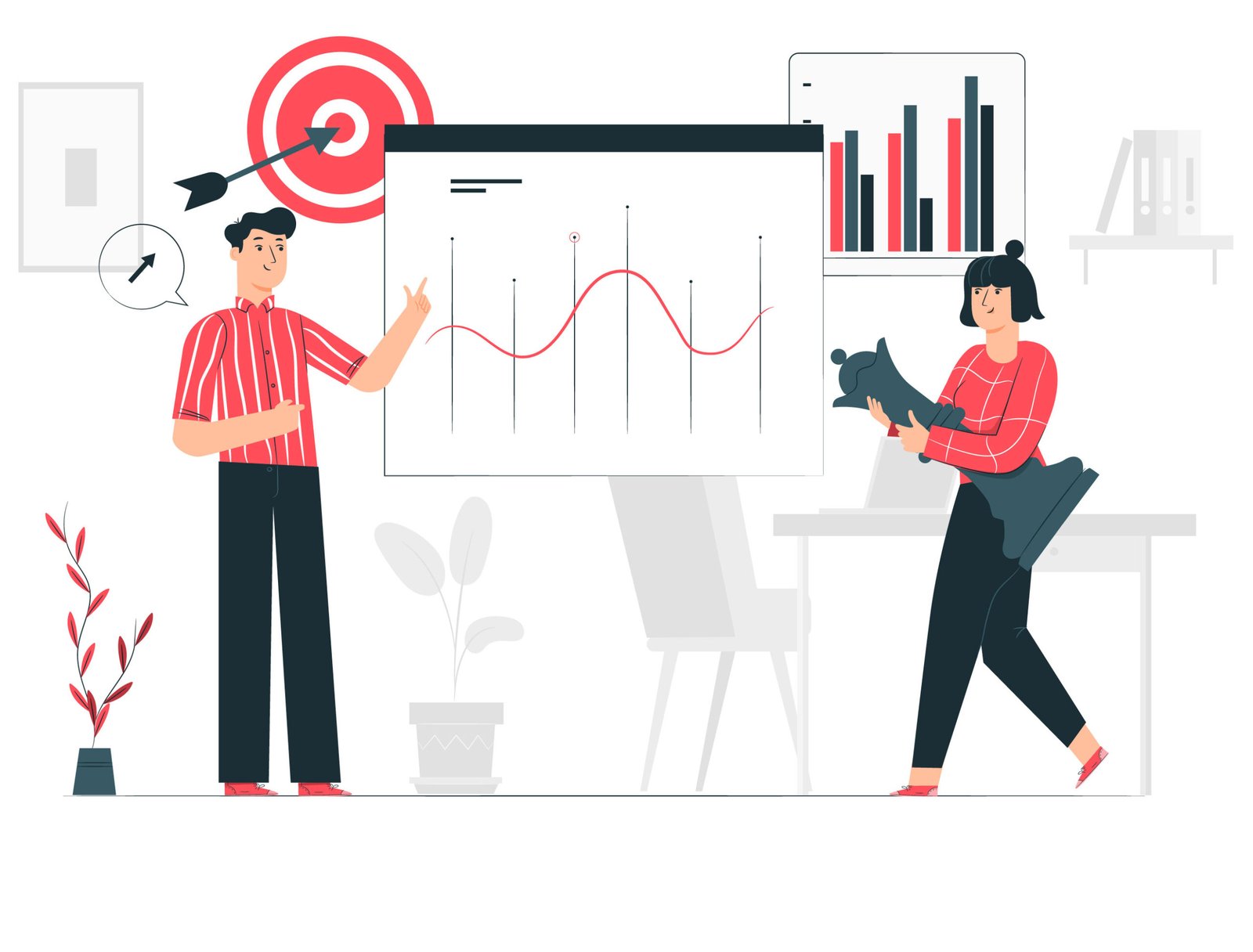Having a slow WordPress website can be really frustrating. It not only affects your visitors but also harms your SEO rankings. If you are wondering why your WordPress site is so slow, don’t worry. In this blog, we will explain the common reasons and easy fixes in simple language. Read on to find out how you can speed up your website and make it work smoothly.
Heavy Themes and Plugins
One of the biggest reasons for a slow WordPress website is the use of heavy themes and too many plugins. Some themes come with lots of features, sliders, and fancy designs, which look attractive but slow down your site. Similarly, installing too many plugins or poorly coded plugins can cause your site to load slowly. To fix this, choose a lightweight theme and only keep the plugins that are necessary. Regularly update your themes and plugins as updates often bring speed improvements.
Unoptimized Images
Large image files are another major reason your website could be taking forever to load. If your images are not optimized before uploading, they add extra load to your pages. Always compress images without losing quality. You can use free tools or WordPress plugins that automatically optimize images for you. A faster-loading site with optimized images improves user experience and can boost your Google rankings.
Poor Hosting Service
The quality of your hosting service matters a lot. If your hosting server is slow, your website will be slow no matter what you do. Shared hosting plans are cheaper, but sometimes they can’t handle higher traffic. For better speed, you can move to a managed WordPress hosting provider. If you are working with a reliable Web Design Company in Udaipur, they often recommend hosting services that best suit your website’s needs.
No Caching in Place
Caching helps your website load faster by storing copies of your pages for visitors. Without caching, your website has to generate pages from scratch every time someone visits. This takes time and slows things down. To fix this, use a caching plugin. There are many free and paid options available. Setting up a caching plugin can drastically speed up your WordPress site and reduce the load on your server.
Too Many External Scripts
External scripts like ads, font loaders, or even social sharing buttons can slow down your site. Every time someone visits your site, the browser has to load these scripts from other websites, which increases load time. It’s a good idea to minimize the use of such external scripts as much as possible. Only use the ones that are really important for your website’s functionality.
Database Overload
Your WordPress database stores all the content, comments, settings, and more. Over time, the database can become cluttered with unnecessary information like post revisions, spam comments, and unused plugins’ data. A bloated database can slow down your website. Regularly cleaning your database can solve this problem. There are plugins that help you optimize the database easily with just a few clicks. Udaipur Web Designer also advises regular database maintenance to keep your website healthy and fast.
No Content Delivery Network (CDN)
A CDN helps deliver your website content from servers that are closer to your visitors’ location. Without a CDN, all visitors have to load content from your main server, which can be slow, especially if they are far away geographically. Setting up a CDN can improve your website speed dramatically. It also helps in handling more traffic easily without putting too much pressure on your hosting server.
Using Outdated WordPress Version
Running an outdated version of WordPress can cause speed problems and also open up security risks. WordPress updates often come with speed improvements and bug fixes. Always keep your WordPress, themes, and plugins updated. Many companies offering WordPress Bug Fixing Services in Udaipur suggest enabling automatic updates or regularly checking for new updates manually.
Render-Blocking JavaScript and CSS
When browsers load a webpage, they have to process CSS and JavaScript files first before showing the content. If these files are too large or not optimized, they can delay the loading of the page. To fix this, you can minimize (reduce file size) and defer (load later) JavaScript and CSS files. There are simple plugins available that can help you manage this without needing any technical skills.
Too Many Redirects
While redirects are sometimes necessary, having too many of them can cause slow loading times. Every redirect triggers an additional request and response cycle, slowing down the site. Try to limit the number of redirects and fix unnecessary ones. Regular audits of your website can help you find and remove such issues quickly. Udaipur Web Designer often helps clients streamline their website structure to minimize such speed issues.
Conclusion
Speeding up your WordPress website doesn’t have to be difficult. By following these simple tips, you can make your site much faster and improve your visitors’ experience. Regular maintenance, optimization, and careful selection of tools and services can make a big difference. If your website is still slow after trying these fixes, it might be a good idea to consult a professional to dig deeper into technical issues. A fast website not only keeps your visitors happy but also helps your business grow online.




